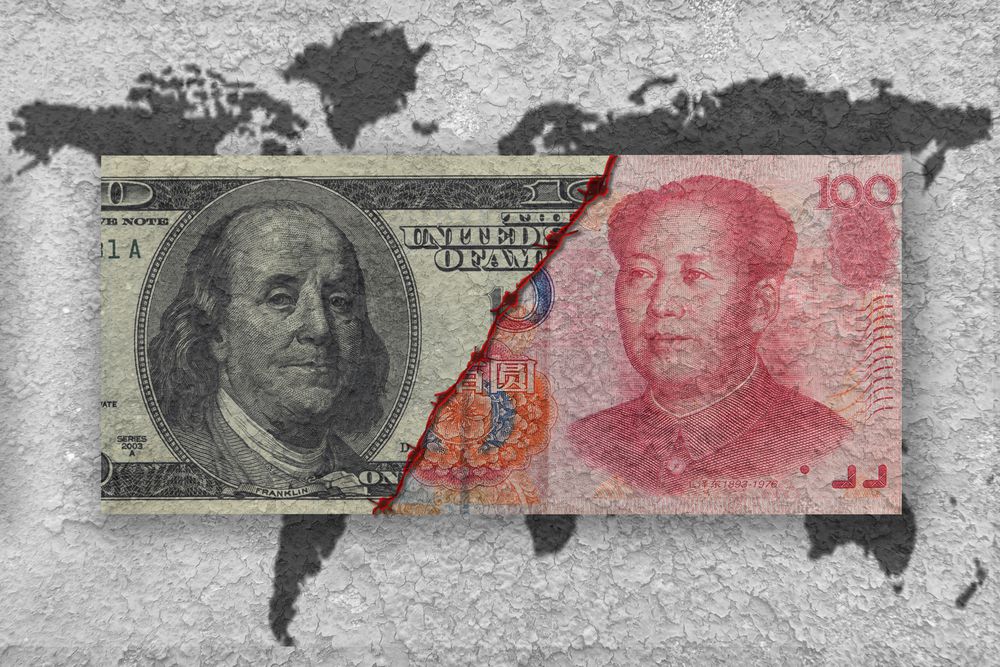[ad_1]
The flareup in the U.S.-China trade war has sent 9 of the 11 S&P 500 sectors tumbling in May, with those most exposed to China among the biggest losers. “What we’ve learned the last few weeks is this is a genuine negotiation and both sides appear willing to escalate this,” as Michael Metcalfe, head of global macro strategy at State Street Global Markets, told The Wall Street Journal. “It’s a credible threat and markets don’t appear ready for that,” he added.
The table below summarizes five ways that investors are reacting to the heightened tensions.
5 Ways Investors Are Reacting To The Trade War
- Limiting holdings of U.S. stocks with large exposure to China
- Selling Chinese stocks
- Fleeing to safety, such as by buying U.S. Treasury bonds
- Shorting the Chinese currency, the yuan
- Making no changes and riding out the storm
Source: The Wall Street Journal
Significance for Investors
Avoiding U.S. stocks exposed to China. Three of the four S&P 500 sectors with the biggest month-to-date (MTD) losses through May 23 are information technology (-7.2%), materials (-7.0%), and industrials (-5.8%), per S&P Dow Jones Indices. These sectors tend to have above-average exposure to China. The S&P 500 is down by 4.2% MTD, while the biggest loser overall is energy (-7.7%).
Selling Chinese stocks. Shares of Chinese companies listed in Shanghai and Shenzhen are roiled by a record pace of net selling in May, per FactSet and the Journal. The Shanghai Composite Index is down by 7.3% MTD, per MarketWatch.
Flight to safety. Holding more U.S. Treasury bonds “reduces some risk in the portfolio without giving up much upside if a trade agreement is reached,” as Mark Haefele, global chief investment officer of the wealth management division at UBS Group, told the Journal. If global GDP growth falters as a result of the tariff war, UBS expects U.S. bond prices to rise, while emerging market bonds would sell off.
Shorting the yuan. “The market was not really expecting anything else but a deal, so to us this was the most efficient way to exploit that,” as Howe Chung Wan, the Singapore-based head of Asian fixed income at Principal Global Investors, told the Journal. He believes that it soon may take 7 yuan to buy a dollar, an exchange rate last seen in May 2008. The yuan closed at 6.93 per dollar on May 23, having depreciated by 2.8% MTD, per Trading Economics.
Doing nothing. “We’re doing absolutely nothing,” as Steve Chiavarone, a portfolio manager and equity strategist at Federated Investors, remarked to the Journal. “None of the trade outcomes are predictable right now,” he added, while noting that Federated is bullish on the economy and the markets.
Looking Ahead
Chiavarone believes that continued trade tensions may send the S&P 500 down by 5% to 8%, but expects that a deal could offer significant upside. “You’d look foolish cutting early,” he said. Meanwhile, Goldman Sachs, JPMorgan, and Nomura are among the leading firms that expect the conflict to persist, and a senior researcher with the Chinese government warns that it may last into 2035, Bloomberg reports.
[ad_2]
Source link Google News

